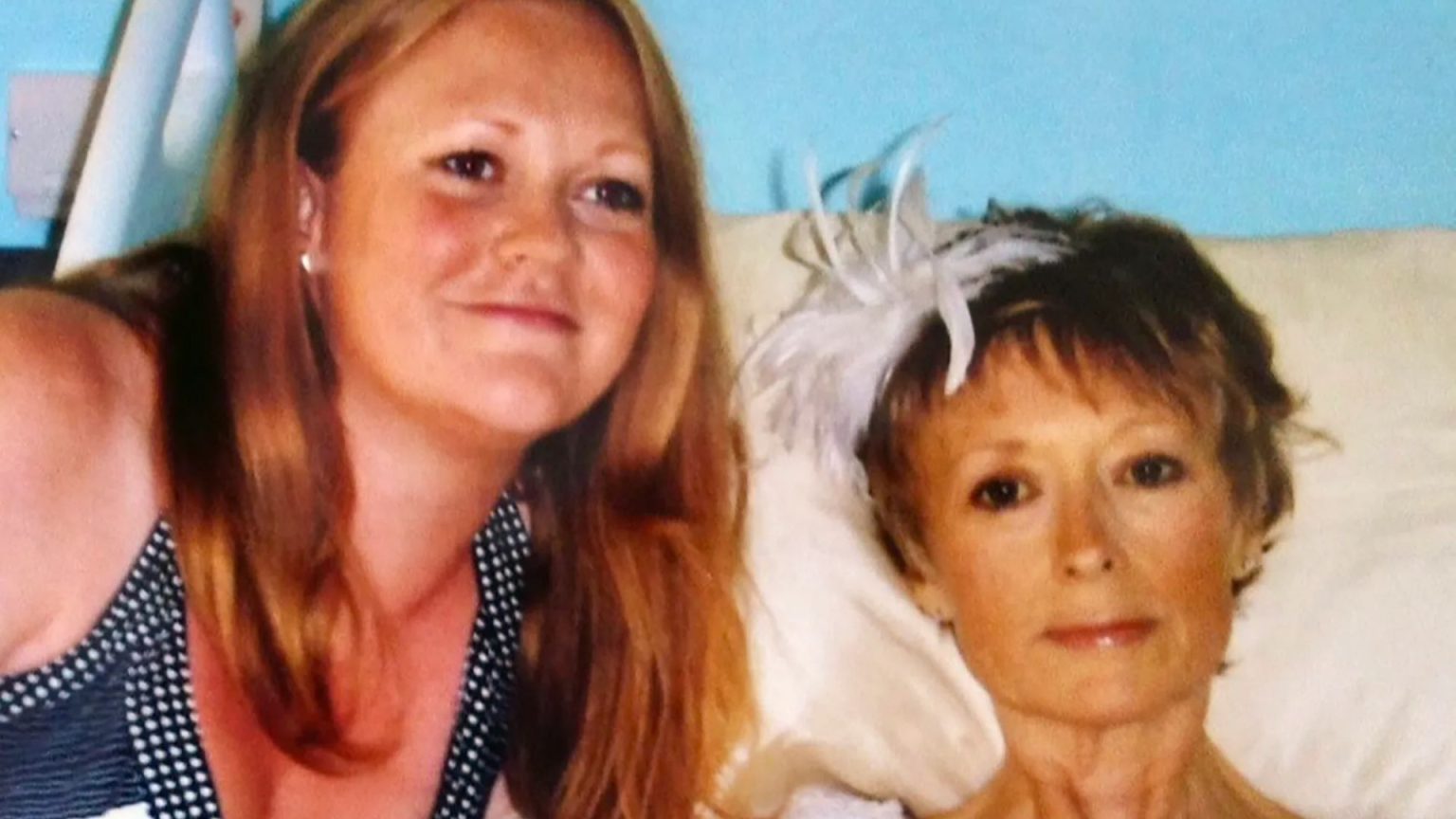Gill Nibbs, a vibrant and health-conscious woman who abstained from smoking and alcohol, maintained a healthy weight, and enjoyed an active lifestyle, tragically succumbed to pancreatic cancer just months after her diagnosis. Her unexpected demise underscored the devastatingly rapid progression of this aggressive disease, which claims half of its victims within three months of diagnosis. Gill’s story highlights the critical importance of early detection and the urgent need for increased awareness of pancreatic cancer symptoms. Her daughter, Lucy, now advocates for greater public knowledge of the disease, believing that earlier recognition of her mother’s symptoms could have potentially altered the tragic outcome.
Gill’s journey towards her diagnosis began several years prior with the removal of her thyroid due to a previous, seemingly less serious cancer diagnosis. Following this, she unexpectedly developed type 1 diabetes, a condition typically associated with genetic predisposition or autoimmune factors rather than lifestyle choices. Despite diligently adhering to medical guidance, Gill’s health continued to decline, marked by significant weight loss and unstable blood sugar levels. Initially, these alarming symptoms were attributed to her diabetes, leading to crucial delays in investigating alternative causes.
Although Gill attempted to downplay her worsening condition, her family, particularly Lucy, sensed that something more sinister was at play. Lucy’s growing concern, fueled by her own research into pancreatic cancer symptoms, prompted her to push for further investigation. Gill’s reluctance to acknowledge the severity of her symptoms, coupled with the medical community’s initial focus on her diabetes, unfortunately delayed the diagnosis of pancreatic cancer until it had reached an advanced stage. This delay tragically eliminated the possibility of life-saving surgery.
The devastating confirmation of advanced pancreatic cancer, which had already spread to Gill’s liver and possibly her brain, left the family reeling. Despite the grim prognosis, Gill displayed remarkable resilience, even offering to return to work the day after receiving the news. Choosing to prioritize quality of life over potentially arduous and ultimately ineffective treatment, she declined chemotherapy. Instead, she focused on spending precious time with her loved ones, including her newborn granddaughter, Lottie, whom she miraculously held on long enough to meet.
In the final months of her life, Gill received compassionate care at a hospice, where she shared cherished moments with family and friends. She celebrated her birthday and even participated in a symbolic blessing ceremony with her partner while wearing a wedding dress. These poignant moments served as a testament to her strength and determination to embrace life despite the looming shadow of her illness. Gill’s passing, just days after meeting her granddaughter, left an indelible mark on her family, who remain committed to raising awareness of pancreatic cancer.
Gill’s story exemplifies the insidious nature of pancreatic cancer, often presenting with vague symptoms that are easily mistaken for other, less serious conditions. This diagnostic challenge contributes to the disease’s dismal survival rate. Bloating, abdominal or back pain, digestive issues, jaundice, unexplained weight loss, and a new diagnosis of diabetes, particularly in older adults, can all be indicative of pancreatic cancer. It is crucial to be aware of these symptoms and to advocate for thorough investigation if they persist. Early diagnosis is paramount to improving outcomes and providing patients with the best possible chance of survival. The ongoing efforts of organizations like Pancreatic Cancer Action are vital in raising public awareness, promoting early detection initiatives, and advocating for improved research and treatment options.











